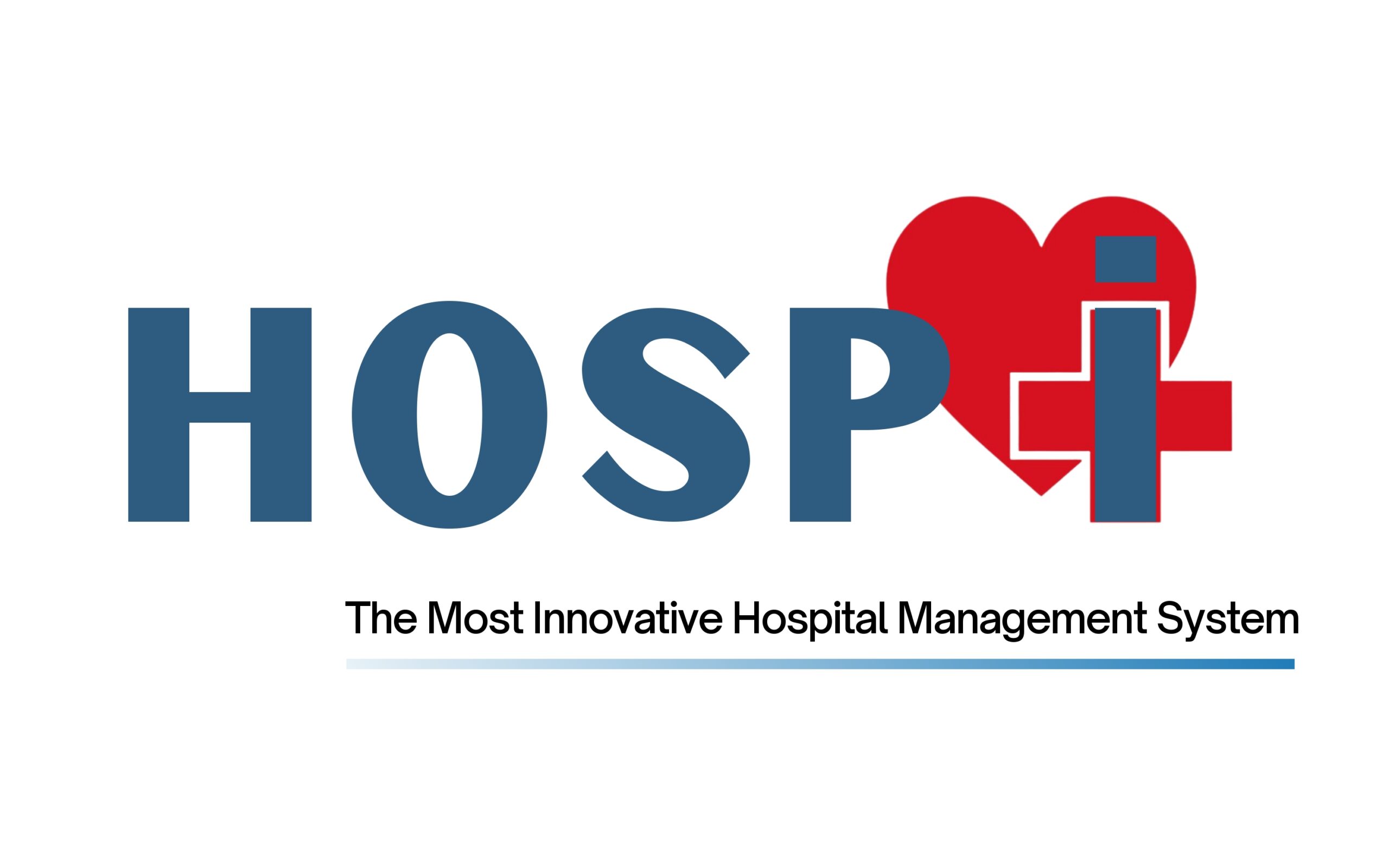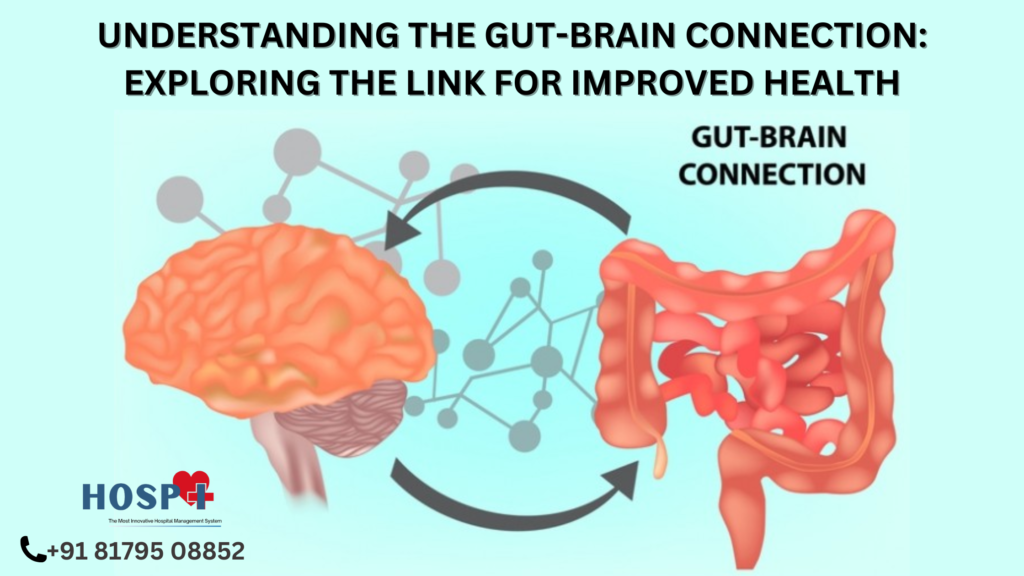The human body is an incredibly complex system, and the more we learn, the more we realize that various parts of our body are interconnected in ways we never imagined. One such connection that has gained significant attention in recent years is the gut-brain connection. The gut and the brain may seem like two separate entities, but they are closely linked, and understanding this connection is crucial for improving our overall health and well-being.
The term “gut-brain connection” describes the two-way communication between the brain and the gastrointestinal system (the gut). This communication occurs through a vast network of nerves, hormones, and biochemical signaling molecules. It is facilitated by the enteric nervous system (ENS), often referred to as the “second brain,” which is a complex network of neurons that line the walls of the digestive system.
Research has shown that the gut and the brain are in constant communication, sending signals back and forth that influence various aspects of our health, including digestion, mood, immune function, and even cognition. For example, have you ever felt “butterflies” in your stomach when you’re nervous? That’s the gut-brain connection in action.
One of the key players in the gut-brain connection is the gut microbiota, which refers to the trillions of microorganisms, including bacteria, fungi, and viruses, that reside in our gastrointestinal tract. These microorganisms play a vital role in maintaining the health of our gut and influencing our brain function. They help break down food, produce essential vitamins, regulate immune responses, and even produce neurotransmitters that affect our mood and behavior.
Emerging research suggests that imbalances in the gut microbiota, known as dysbiosis, may contribute to a range of health conditions, including gastrointestinal disorders like irritable bowel syndrome (IBS), inflammatory bowel disease (IBD), and even mental health disorders such as depression and anxiety. This finding has led to a growing interest in using interventions that target the gut microbiota, such as probiotics and prebiotics, to improve both gut and brain health.
So, how can we foster a healthy gut-brain connection and promote improved health?
Eat a diverse, nutrient-rich diet: A diet rich in fruits, vegetables, whole grains, and lean proteins provides the necessary nutrients to support a healthy gut microbiota. Include fiber-rich foods like legumes, nuts, and seeds, as they act as prebiotics, nourishing the beneficial bacteria in your gut.
Reduce stress levels: Chronic stress can disrupt the balance of the gut microbiota and negatively impact the gut-brain connection. Engage in stress-reducing activities like meditation, yoga, or regular exercise to support a healthier gut and brain.
Get enough sleep: Poor sleep quality and inadequate sleep duration have been linked to imbalances in the gut microbiota and increased susceptibility to gastrointestinal disorders. Aim for 7-8 hours of quality sleep each night to promote optimal gut and brain health.
Consider probiotics and prebiotics: Probiotics are live beneficial bacteria that can help restore the balance of the gut microbiota, while prebiotics are fiber-rich foods that act as fuel for these bacteria. Talk to your healthcare provider about incorporating probiotic supplements or foods like yogurt, sauerkraut, and kimchi into your diet.
Keep yourself hydrated: Drinking enough water promotes good digestion and helps keep the fluid balance in your stomach in check. Make an effort to consume eight glasses of water a day minimum.
Limit the use of antibiotics since they can upset the equilibrium of the gut microbiota even if they are necessary for treating bacterial infections. Utilise antibiotics sparingly and only when absolutely essential, as directed by a healthcare expert.
Understanding the gut-brain connection and taking steps to support a healthy gut microbiota can have profound effects on our overall health and well-being. By nourishing our gut, we can positively impact our brain function, mood, digestion, and immune system. So, let’s prioritize our gut health and embrace a holistic approach to achieve improved health from the inside out.
Remember, if you have specific concerns about your gut health or any health conditions, it is always advisable to consult with a healthcare professional for personalized advice and guidance.



